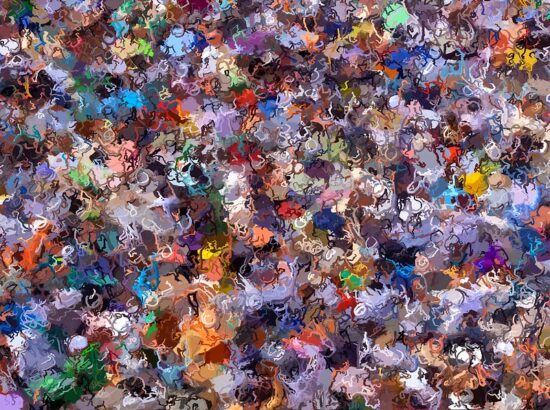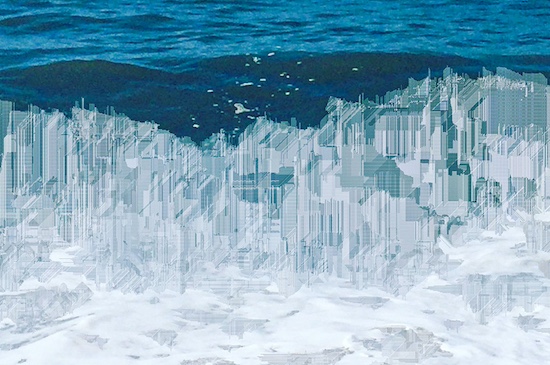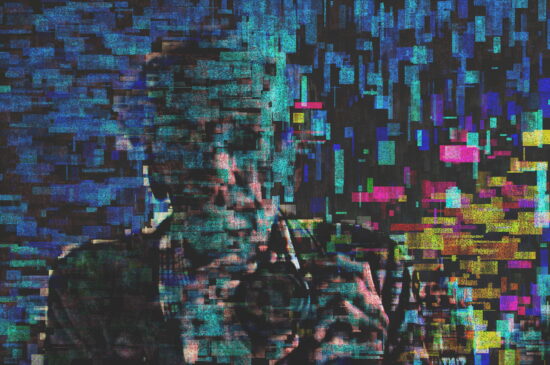The COVID-19 Oral History Project is a collection of images, essays, and video recordings documenting the experience of LaGuardia Community College students, especially those of the Asian descent, during the COVID-19 pandemic.
What can you do here?
-
Create a Group
Groups are public or private community spaces featuring a discussion forum, shared files, and an email listserv. They’re ideal for class or other collaborations.
View Group Examples -
Create a Site
Sites are flexible websites with several privacy options. Collect student writing, build a portfolio, showcase an event—give any project an online home.
View Site Examples -
Create a Connected Group + Site
Connecting a Group and a Site creates a public presence for your initiative or class alongside a private collaborative space and discussion.
Full Documentation
Create a Public CV and level up your online profile
Sites
More Site ActivityFeatured Sites
-
-
Home for the UX Concentration at Kingsborough College
-
Transformative Learning in the Humanities in a Box
Active Sites
The latest public activity across all Sites.
Groups
More Group ActivityFeatured Groups
-
A group for sharing anti-racist projects, events, and community across the 25-campus City University system group avatar by cool revolution on flickr https://flic.kr/p/J4GcVd.
-
The Digital Archive Research Collective is a platform that aims to address the needs of students, faculty, and communities working on archival research at The Graduate Center. Our primary goal is to assist in the creation of digital archives and exhibitions.
-
The Digital Studies Group (DSG) brings together CUNY faculty members, researchers, and doctoral students interested in a broad range of intellectual, cultural, economic, legal, and pedagogical issues related to the growing impact of digital media on the ways we read, think, teach, learn and entertain ourselves in the United States and across the globe..
Active Groups
The most recently active Groups across all Groups.
Members
Our members include students, faculty and staff. Check out our most recently active below, and register here to join the Commons.




